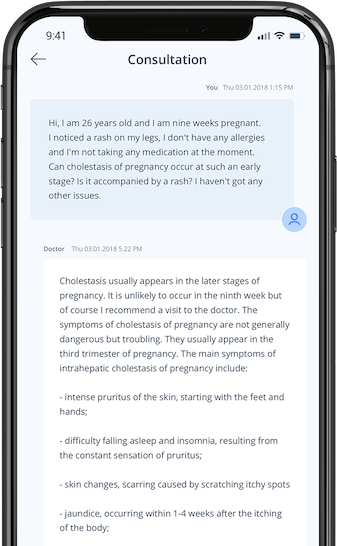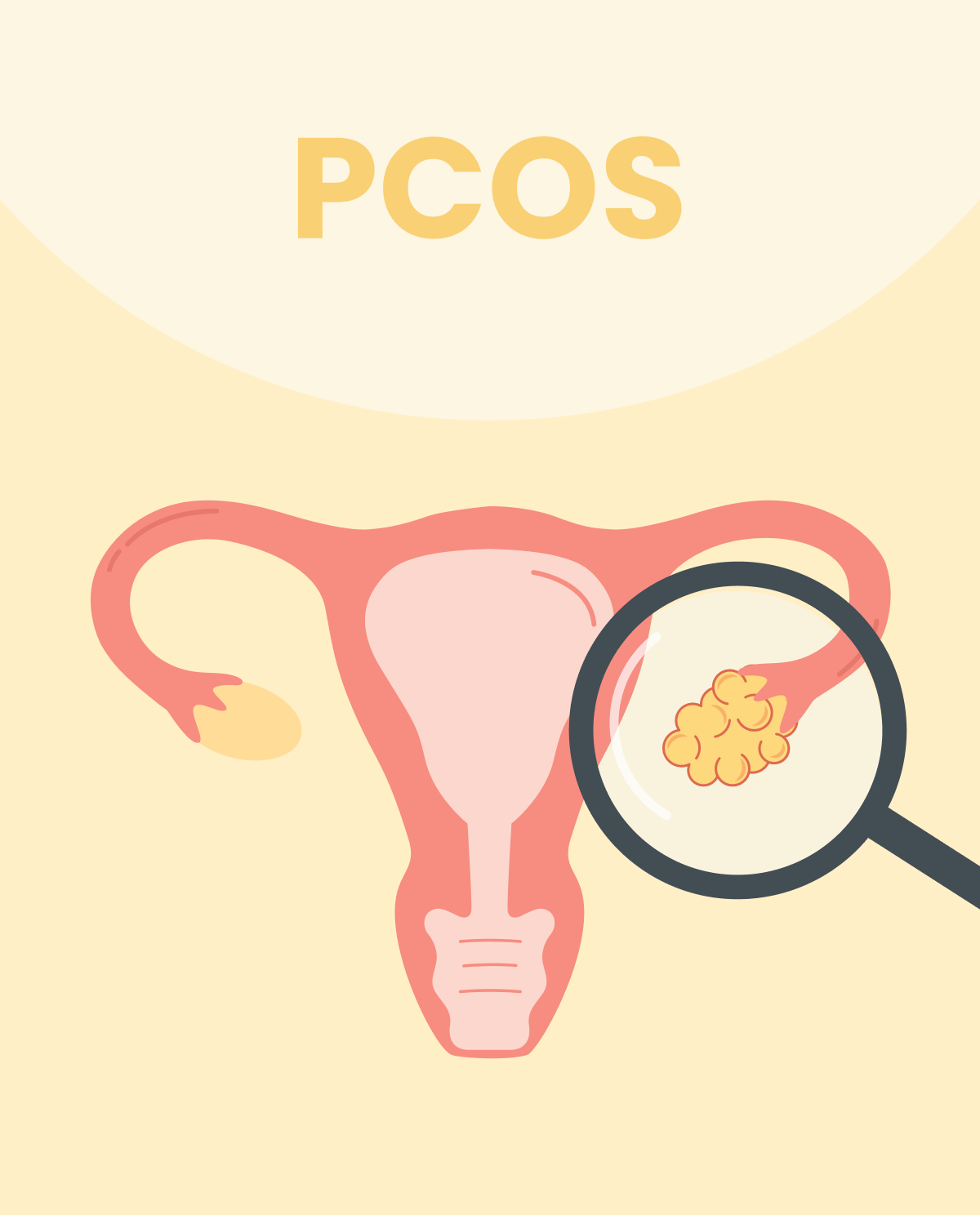How to define abnormal menstruation?
Any of the following are considered abnormal when it comes to the menstrual cycle:
- bleeding after intercourse, between menstrual cycles, or after menopause,
- long period gaps (3 or more),
- too heavy or too light bleeding during menses,
- periods lasting longer than 35 days or shorter than 21 days,
- severe menstrual symptoms that decrease quality of life.
Causes and associated symptoms
- Oral/intravaginal hormonal contraception: hormone modifying agents in contraceptives to prevent pregnancy have been shown to induce period irregularities for as long as a few months after discontinuation.
- Unhealthy lifestyle/stress/eating disorders have been shown to be an important factor in disrupting the menstrual cycle.
- Uterine fibroids (Leiomyomas) are benign tumors of the myometrium that are influenced by hormonal activity. During menstruation, they may cause heavy bleeding, and depending on their size they can induce urinary and bowel discomfort.
- Pelvic inflammatory disease (PID) is caused by a bacterial which enters the vagina (intercourse, abortion, or miscarriage) and spreads to more distal parts (i.e., the uterus) leading to pelvic pain, heavy discharge with bad odor, nausea/vomiting/and/or diarrhea.
- In polycystic ovarian syndrome (PCOS), the ovaries form sac-like structures that produce large amounts of male sex hormones which induce period irregularities/stoppage, infertility, and so on.
- Premature ovarian insufficiency (POI) is a condition in which the follicles within the ovaries are depleted or are non-functional before the age of 40. Similar to menopausal women, women suffering from POI do not have periods. The following can be the result of a family history of POI, cancer treatments, or certain chromosomal anomalies.
- Thyroid dysfunction (hyper/or hypo) or bleeding disorders.
- Medication (steroidal drugs or blood thinners).
Diagnosis options
If you realize that your menstrual timetable has changed, it is crucial to note all changes (duration of the period, the amount of blood, and any new development that seems abnormal) before your appointment with your gynecologist as you can help them reach a possible diagnosis faster. Possible tests that could be ordered by your primary healthcare physician are the following:
- complete blood count to check for infection/anemia,
- thyroid panel,
- pelvic exam and pap smear,
- bacterial vaginal cultures,
- ultrasound,
- endometrial biopsy.
Treatment
The treatment is fully dependent upon the causes of menstruation irregularities. Listed below are common treatment options:
- lead a healthier lifestyle (exercise/diet),
- balance the thyroid hormones with medication,
- pain relief with non-steroidal anti-inflammatory drugs,
- use of contraception to control heavy bleeding, endometriosis, PCOS, and uterine fibroids,
- hormone replacement therapy for POI,
- endometrial ablation if medical management fails to control heavy bleeding,
- myomectomy or embolization for uterine fibroids if medical management fails.








